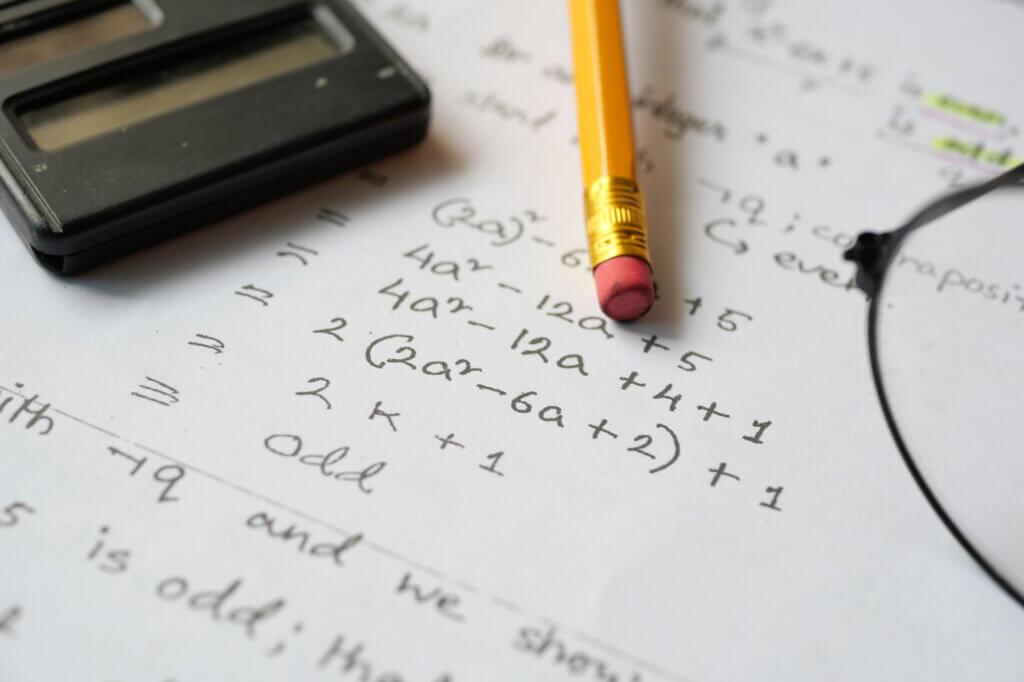Surface Area and Volume Formulas for CBSE Class 10 Maths with Examples
Surface areas and volumes quantify the size and capacity of three-dimensional objects. They describe how much material covers a solid’s surface and how much space the solid occupies. Using formulas, students calculate surface areas for cubes, cuboids, spheres, cones, and cylinders, and determine volumes for these shapes as well as prisms, pyramids, and hemispheres. These calculations appear in CBSE Class 10 Maths to solve real-world problems such as packaging, construction, and storage. Regular practice of such applications, including through Class 10 online CBSE maths tuition, helps ensure accurate formula use and reliable results in both theoretical and applied questions. In this blog, you will get to know all the important surface area and volume formulas for Class 10 Maths, including their uses and stepwise calculations. Key Surface Areas and Volumes Formulas for CBSE Class 10 Maths Understanding surface areas and volumes is essential for solving real-world 3D problems. Surface area measures the total material needed to cover a solid, while volume calculates the space it occupies. These calculations are important in construction, packaging, manufacturing, and other practical applications. In Class 10 Maths, formulas simplify these computations for cubes, cuboids, cylinders, cones, spheres, and other solids. Total surface area of a cuboid with length l, breadth b, and height h= 2(lb + bh + lh) Lateral surface area of a cuboid= 2(l + b)h Surface area of a cube (edge length l)= 6l² Lateral surface area of a cube (edge length l)= 4l² Volume of a cube= l³ Curved surface area of a cylinder with radius r and height h = 2πrh Total surface area of a cylinder= 2πr(h + r) Volume of a cylinder= πr²h Curved surface area of a cone with radius r and slant height L= πrL Total surface area of a cone= πr(L + r) Volume of a cone= ⅓πr²h Surface area of a sphere= 4πr² Volume of a sphere= 4⁄3πr³ Volume of a frustum of a cone with radii r₁, r₂ and height h= ⅓πh(r₁² + r₂² + r₁r₂) Read more: Complete Guide to Class 10 Maths Formulas Chapter by Chapter Important Formulas for Surface Areas and Volumes (Class 10 Maths) Figure Perimeter / Base Formula Total Surface Area (TSA) Lateral / Curved Surface Area (LSA/CSA) Volume (V) Square 4 × side side² × 6 (if cube considered) – Rectangle 2(l + b) 2(l × b + b × h + l × h) – Parallelogram 2(a + b) b × h – Trapezoid a + b + c + d ½ × (a + b) × h – Triangle a + b + c ½ × base × height – Circle 2πr πr² – Ellipse 2π√((a² + b²)/2) π × a × b – Cuboid 4(l + b + h) 2(lb + bh + hl) 2h(l + b) l × b × h Cube 12 × a 6a² 4a² a³ Cylinder – 2πr(h + r) 2πr × h πr² × h Cone – πr(l + r) πr × l (1/3)πr²h Sphere – 4πr² 4πr² (4/3)πr³ Hemisphere – 3πr² 2πr² (2/3)πr³ Right Pyramid – Base area + ½ × perimeter × slant height ½ × perimeter × slant height (1/3) × Base area × height Right Circular Frustum of Cone – π(R + r)l + π(R² + r²) π(R + r)l (1/3)πh(R² + r² + Rr) Practical Tips for Memorizing Surface Areas & Volumes Formulas Read more: Coordinate Geometry Class 10 Formulas with Solved Examples Applications of Surface Areas and Volumes








